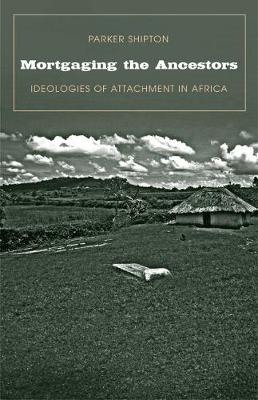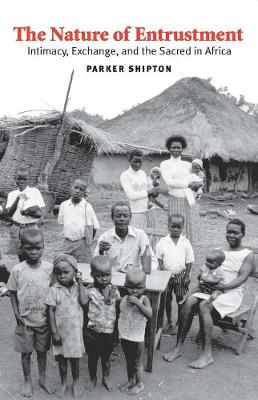Yale Agrarian Studies
2 total works
This fascinating interdisciplinary book is about land, belonging, and the mortgage-and how people of different cultural backgrounds understand them in Africa. Drawing on years of ethnographic observation, Parker Shipton discusses how people in Africa's interior feel about their attachment to family, to clan land, and to ancestral graves on the land. He goes on to explain why systems of property, finance, and mortgaging imposed by outsiders threaten Africa's rural people.
The book looks briefly at European and North American theories on private property and the mortgage, then shows how these theories have played out as attempted economic reforms in Africa. They affect not just personal ownership and possession, he suggests, but also the complex relationships that add up to civil order and episodic disorder over a longer history. Focusing particular attention on the Luo people of Kenya, Shipton challenges assumptions about rural economic development and calls for a broader understanding of local realities in Africa and beyond.
The book examines how the Luo assess obligations to intimates and strangers, including the dead and the not-yet-born. Borrowing, lending, and serial passing along have ritual, religious, and emotional dimensions no less than economic ones, Shipton shows, and insight into these connections demands a broad rethinking of all international aid plans and programs.

